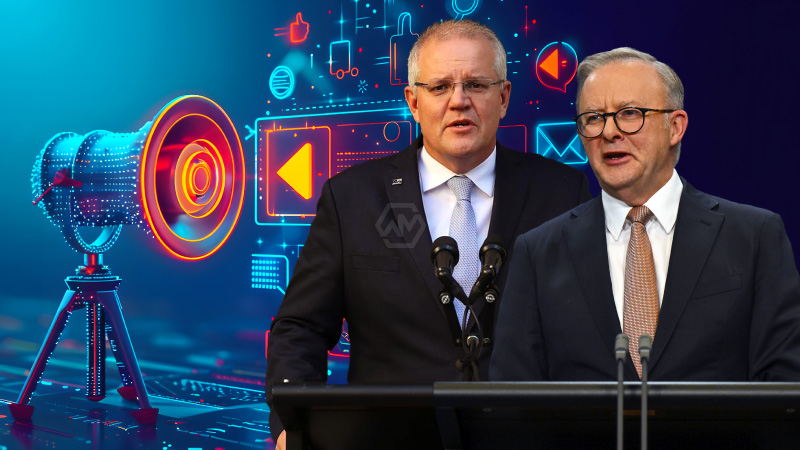- Media ownership concentration has led to ideological polarization, influencing election coverage.
- Social media’s rise as a news source increases misinformation risks, especially for younger voters.
- Fact-checking and independent accountability are needed but remain weak in mainstream journalism.
Australia’s media landscape remains deeply polarized, with News Corp dominating coverage and favoring conservative narratives. While outlets like Guardian Australia and the ABC provide alternative perspectives, commercial media often amplify partisan rhetoric, affecting public perception of political issues.
The growing preference for social media over traditional news sources among young voters adds to the complexity. With misinformation easily spread through influencers and algorithm-driven content, the professional media’s ability to counteract lies is further weakened.
Australia’s Election Media Test: Will Truth Prevail
The historical dominance of conservative narratives in Australian newspapers continues to shape election discourse. News Corp’s influence, combined with Nine’s positioning, means media coverage often reflects ideological biases rather than impartial reporting. This impacts which stories get priority and how political issues are framed.
Free-to-air television, despite being a major news source, has largely failed to provide substantive election coverage. Sensationalism, “gotcha” journalism, and limited access to candidates hinder meaningful political debate. With journalists struggling to ask tough questions, misinformation often goes unchallenged.
The ABC, despite its public trust, faces political pressures that affect its editorial decisions. Its leadership’s willingness to push back against external interference will be crucial in determining the quality of its election coverage. Meanwhile, Guardian Australia has upheld journalistic standards but lacks the mass reach of traditional print and TV outlets.
Social media’s role in shaping election narratives cannot be ignored. While it provides new avenues for political engagement, it also amplifies disinformation. The challenge for professional media is integrating social media coverage responsibly, ensuring accuracy without fueling sensationalism.
With biased coverage, political interference, and the rise of social media misinformation, Australian media faces a significant challenge in upholding electoral integrity. Without proactive reforms, the spread of disinformation may only worsen.
“A lie can travel halfway around the world while the truth is putting on its shoes.” — Mark Twain



